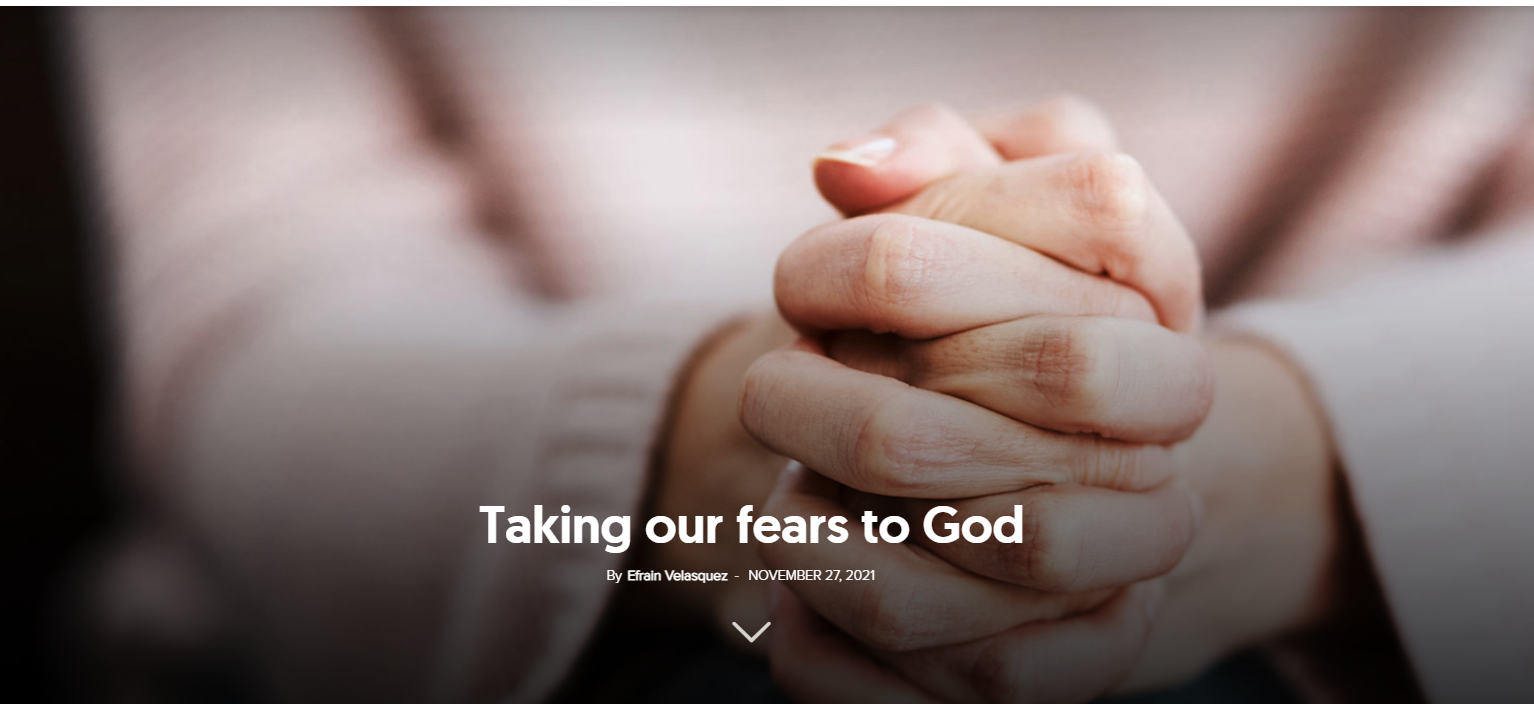Trust in God gives clarity to our thinking, so God asks us not to be obsessed with justice, but to be concerned with and delighted by grace.
Sometimes, even the mere thought that we should trust again is enough to cause us a painful inner conflict and a whole host of fears, which are often justified.
As far as people are concerned, we feel that we cannot trust them because they are unreasonable, unscrupulous, and capable of doing whatever it takes to seem trustworthy, just so that they can then take advantage of us. We check store receipts, contracts, invoices, and promises, most often because we have been deceived at least once and learned that we need to be careful. No matter how careful we are, we still get deceived from time to time, and this exacerbates our impulse to stop trusting.
As for God, we feel that entrusting Him with solving our problems is some form of abandonment, resignation, escapism, or even irresponsibility in the face of life’s obstacles. In fact, in most cases, these feelings reveal the unconfessed fear that God does not exist or, if He exists, He does nothing. That is why people are willing to let God solve their problems only when there’s nothing humanly possible to do.
In other respects, it is usually our inability to be patient, to wait, to refrain from anticipating negative scenarios, and to not panic—in fact, our inability to glimpse the infinite possibilities for a resolution that God has at hand, in case of trouble.
When he said, “if you have faith as small as a mustard seed, you can say to this mountain, ‘Move from here to there,’ and it will move. Nothing will be impossible for you” (Matthew 17:20), Jesus was referring precisely to this trust. The most difficult obstacles can be removed not by our faith, but by the God to whom we entrust the fate of a situation.
If we were willing to trust in the God who promised to “fight for us,” we could put aside the tension and begin to see the world through His eyes.
Trust in Him provides clarity of thought. And we need this clarity to understand that the trust that God asks us to give people is not gullibility or a religious ritual obligation but a modest investment, motivated by grace.
Basically, trusting people does not mean believing them unconditionally, but giving them a chance not to be prejudged, even if we have reasons. And to give them the chance to develop honesty and altruism, a chance that must be maintained even after they have disappointed us, even repeatedly.
The implication is paradoxical: we blame the world’s lack of honesty or altruism for our lack of trust, but we overlook the fact that honesty and altruism are so rare among us also because we often do not give others enough trust and chances to become honest and altruistic.
Jesus referred to these opportunities given to others when He asked us to turn our cheek to the one who struck us, and to give our coat to the one who took our shirt. He did not ask us to let others disregard us, but to know when to settle the conflict, to postpone justice, and to give a new chance to the one who needs it.
God Himself does this with those who insult Him, although, paradoxically, the Bible says, “God cannot be mocked.” In fact, He knows how to endure mockery for a while to try to save the mocker. In the end, justice will be done: “A man reaps what he sows” (Galatians 6: 7), but in His grace, God does justice in such a way as to maximise the chances of recovery for the one who broke the law.
That is why God asks us not to be obsessed with justice, but to be concerned with and delighted by grace. The world looks completely different through the eyes of God—free from the stress of those who do not have the patience to let God intervene, free from the frustration of those who can no longer trust, and free from the anxiety that comes with the inability to forgive and the burden of being aware that the world is evil…
Yes, the evil in the world is obvious, but lamenting it consumes the time which God wants us to dedicate to contemplation and to the celebration of the greatness of the One who has all the solutions.
Norel Iacob is the editor-in-chief of ST Network.




















